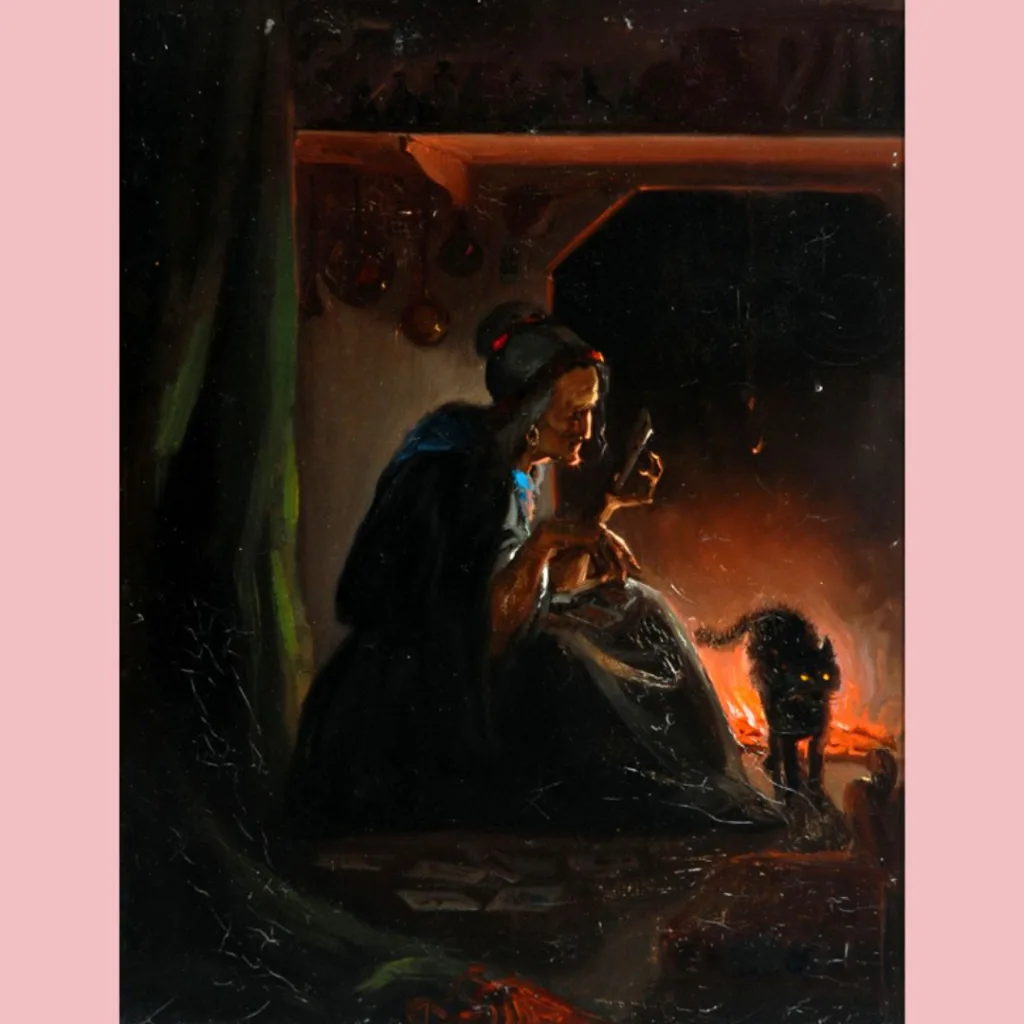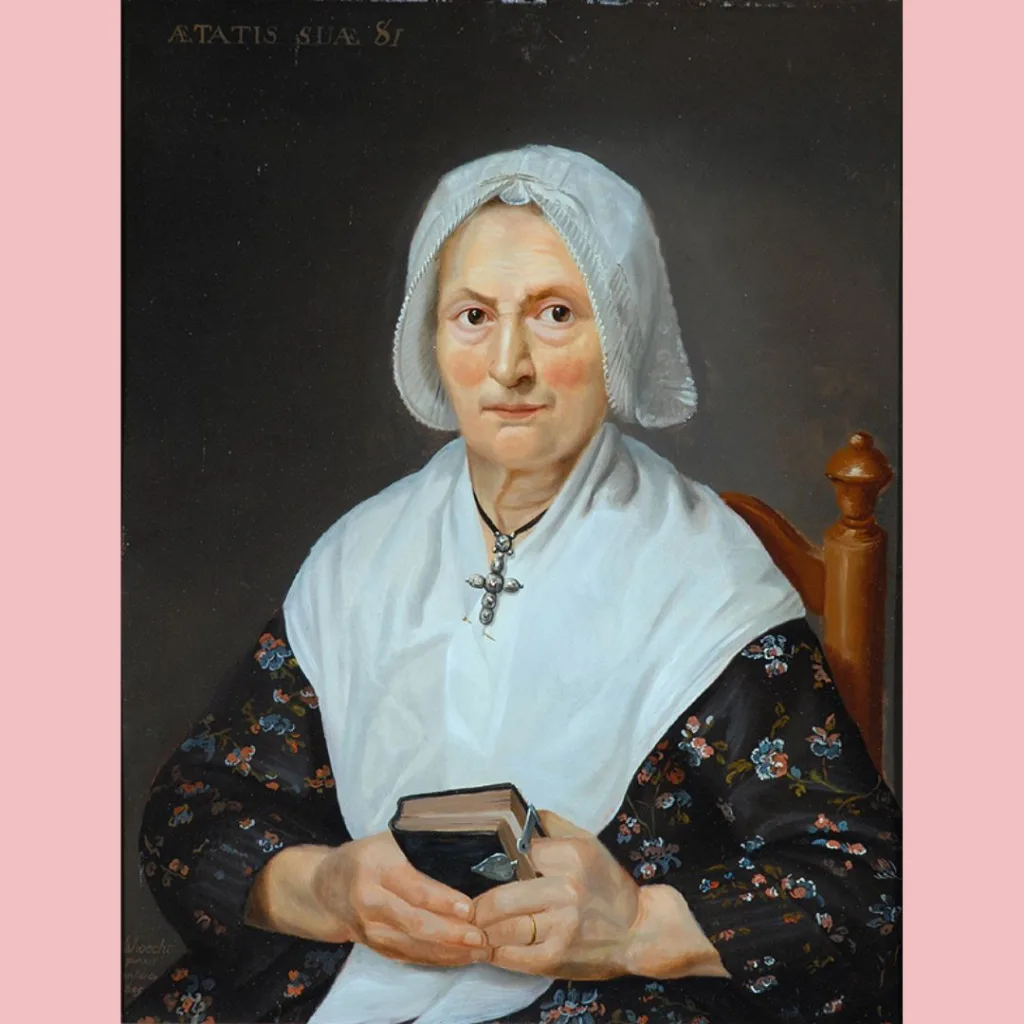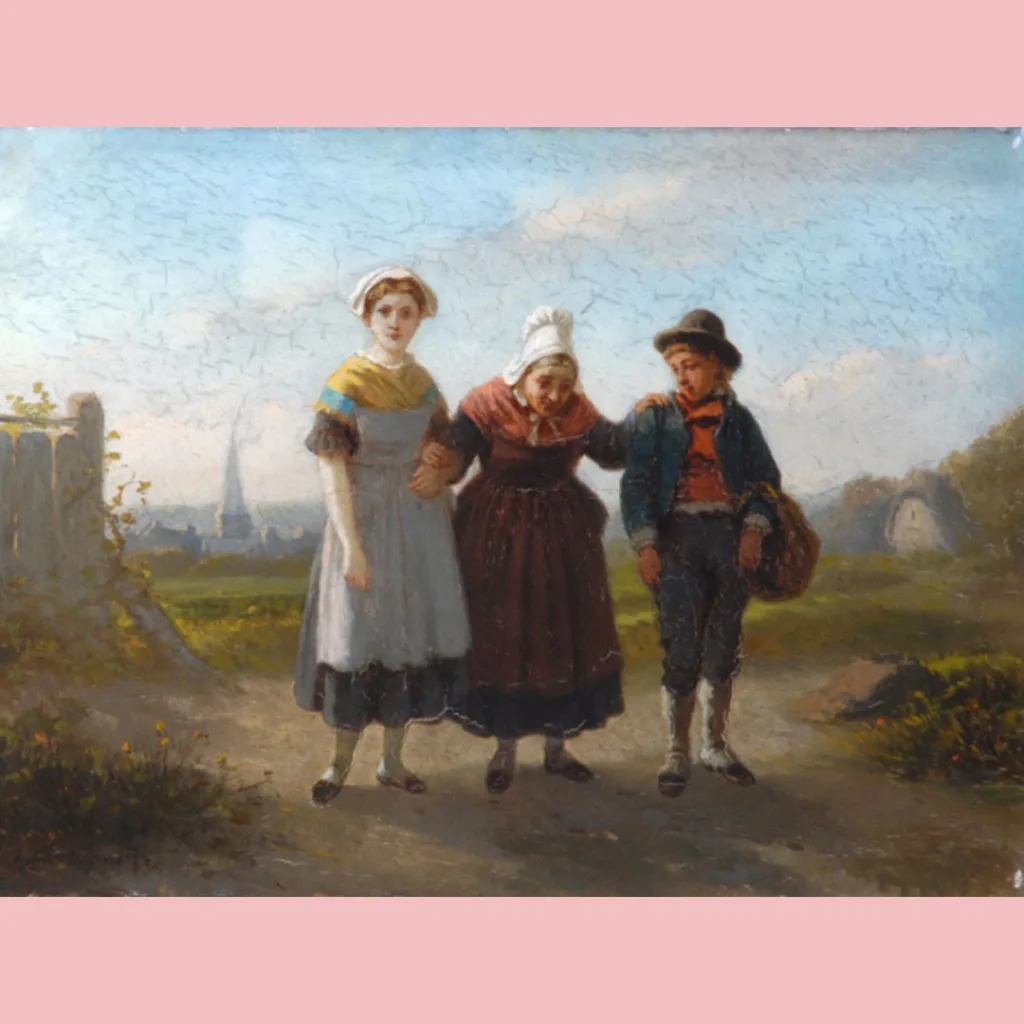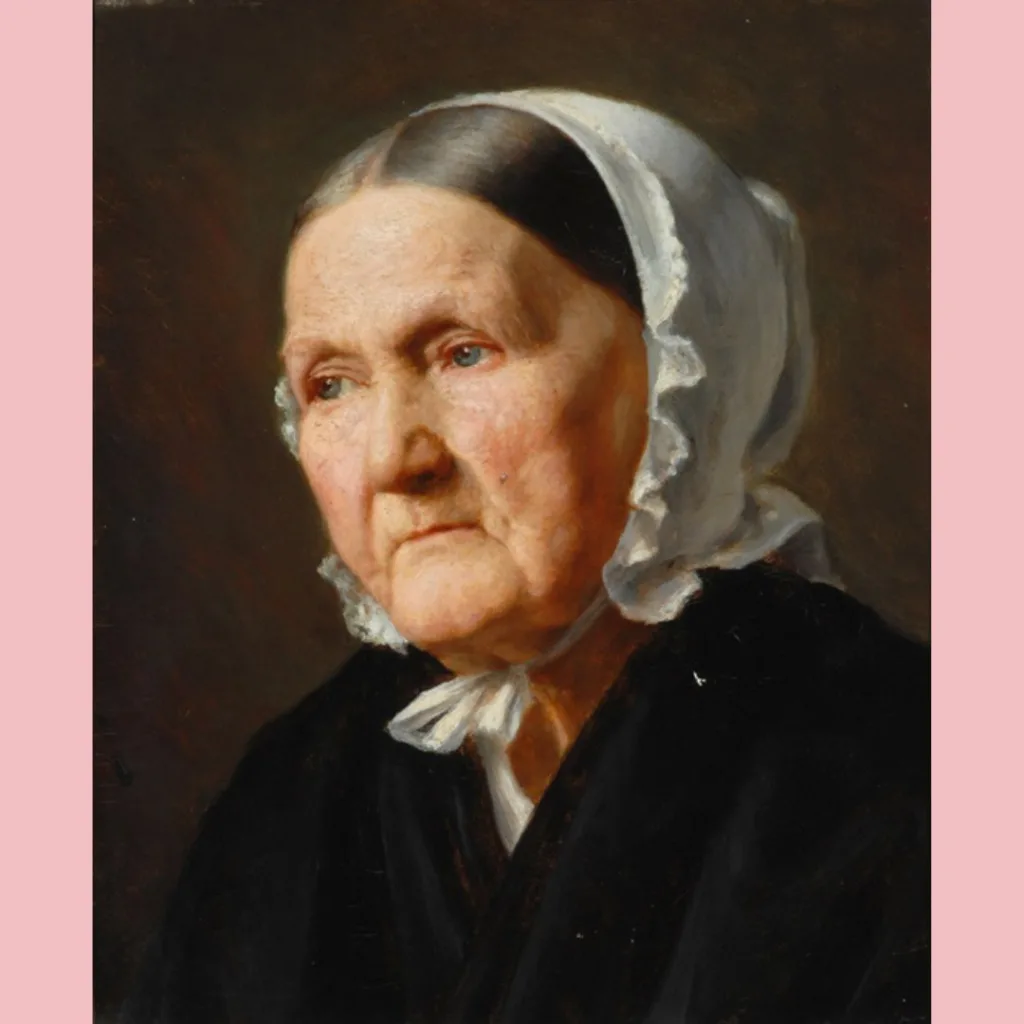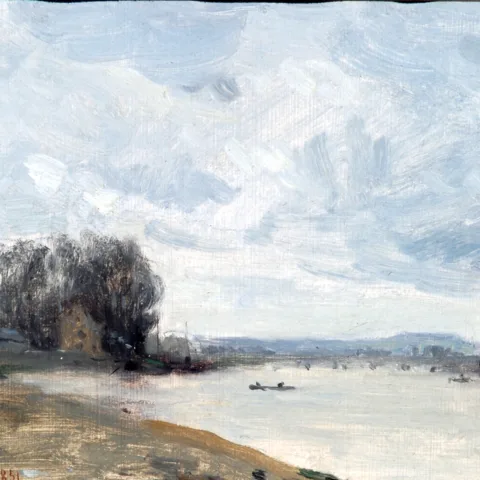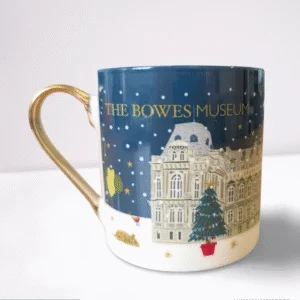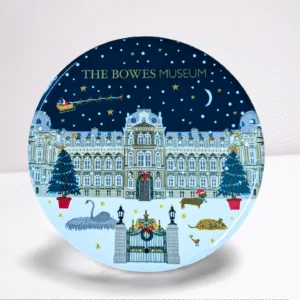The Bowes Museum Blog

Ageing Better
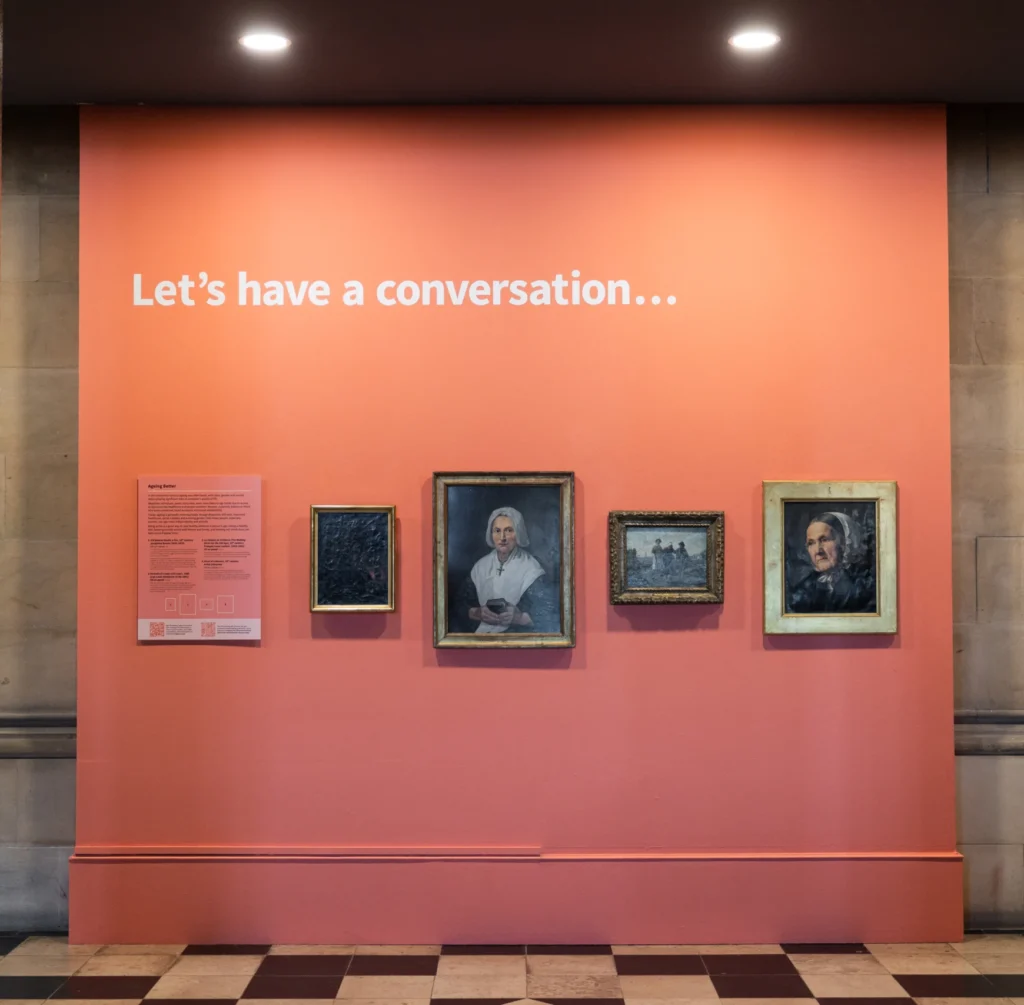
November’s Conversation Wall, titled ‘Ageing Better’ presents a selection of 18th and 19th century paintings depicting different interpretations of ageing. The display puts the paintings into context, explaining the social and historical factors including class, gender and material status that would have impacted someone’s quality of life in the time that the subjects were painted. Curator of Fine Art and Design at The Bowes Museum discusses,
“Many years ago, when I worked at the Victoria and Albert Museum, they mounted an exhibition centred around the subject of art and death. There was a comprehensive survey of funerals and funeral rites from medieval times to the present day. What I remember clearly was that the labels were edited and exhibits were chosen to broaden the specialised captions to alternate between ‘good’ and ‘bad’ death. For instance, an engraving of a state funeral of a king might be seen as ‘good’ death, but the execution of Louis XVI in Paris in 1793 was listed as ‘bad’ death.
The same seems to apply to selection of paintings depicting ‘old age’ that we have recently mounted at The Bowes Museum. From the restriction of the collections, they are all of older women rather than men – probably due to the choice the Bowes’ had on the Paris art market of the 1860s, but they clearly distinguished between ‘good’ and ‘bad’ old age. The women are invariably dressed in black, no doubt as widows still mourning their husbands. A lace bonnet seems a standard item of wear! Some have crosses around their necks, and at least one is carrying a bible. The original title to a scene of an elderly woman being helped from a church by her two grandchildren is Les Batons de Vieillesse, which translates to ‘the sticks or crutches of age’. The message is very clear: if you led a ‘virtuous’ life, going to church and marrying the right man, you would be rewarded in your later years with the support of your family and the church.
By contrast, a scene of an older women by a fire, titled Old Woman beside a Fire by Joséphine Bowes (1825-1874) shows a ‘bad’ old age. She is wearing a cap, but not apparently of lace and a black cat stretches by her side. In the back are hanging what I think are glass ‘witch’ balls. Is she a witch? Or just a poor woman with only a cat to keep her company? The message is very clear: poverty may not be a crime, but it is certainly not a virtue.
At college many years ago, we were taught that witches were often poor women at the margin of society who fell out with their neighbours and were then accused of witchcraft. I wonder how many did turn to ‘magic’ as a way out of their problems. The painting by the Museum’s foundress must date to after 1865, when she saw Manet’s painting of Olympia at the Salon, which features a similar black cat. Olympia caused an outcry as it showed a ‘courtesan’ as a queen of society, and not a marginal figure. Would she [and her cat] be sitting in poverty by an open fire in her later years?! The world is less judgemental today. I think we have moved on from seeing poverty as a crime, and the questions we ask today about an impoverished old age are more to do with pension contributions than church attendance.”
Today, ageing is generally more equitable, with improved healthcare, social mobility and evolving gender roles, as well as better understanding of how wellbeing and maintaining positive mental health is equally as important as physical factors like lifestyle and diet.
As daylight hours reduce and the colder weather setting in, it’s important to look after yourself, loved ones, friends and neighbours. It can be a tough time of year, but with a little kindness, we can all do our bit to support others.
Age UK’s projects and campaigning on a local, national and international scale make a huge difference to people’s lives and ensure older people’s voices are heard. The charity primarily focuses on combatting loneliness and isolation, but they also support with financial advice, care and learning, enabling communities to age happier and healthier. Age UK’s free helpline 0800 678 1602 is available 8am – 7pm, 365 days a year.
